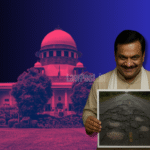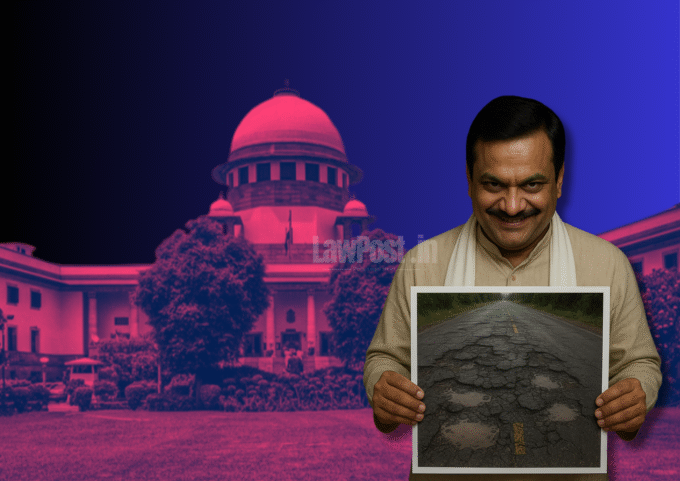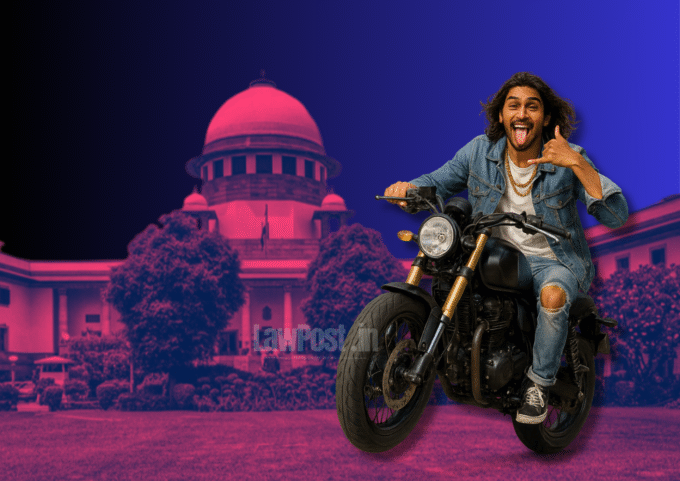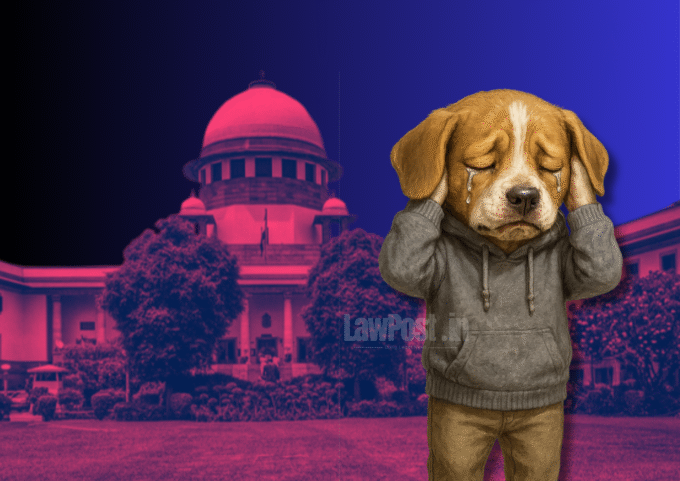The Supreme Court on Tuesday dismissed a special leave petition filed by the National Commission for Protection of Child Rights (NCPCR), which had challenged a 2022 Punjab and Haryana High Court order granting protection to a young Muslim couple.
The case involved a Muslim girl, then 16 years old, who had married a 30-year-old man, Javed, and later sought protection along with her child from threats, including from family members. The High Court had earlier ruled that under Muslim personal law, a girl who has attained puberty — or is above 15 years of age — is competent to marry a person of her choice.
Dismissing the appeal, the Bench of Justice BV Nagarathna and Justice R Mahadevan held that the NCPCR had “no locus” to challenge the High Court’s order. “You have no locus to challenge… if two minor children (i.e., Ashiana and her child) are protected by the High Court, how can you challenge such an order?” the Bench asked.
The Court emphasised that the High Court’s order was limited to safeguarding the couple’s right to life and liberty under Article 21 of the Constitution. “We fail to see how NCPCR can be aggrieved by protection granted to a minor,” the Bench said.
Appearing for the NCPCR, Additional Solicitor General Aishwarya Bhatti argued that while protection could continue, the “point of law” — whether a 15-year-old girl can legally marry under personal law — should remain open. The Supreme Court, however, disagreed. “If you want to argue that question… then approach in the appropriate case,” the Bench observed, making it clear that “no question of law arises here.”
The judges noted that the issue before them was not about validating child marriage but about protecting two individuals already married and living together. “The girl is living with her husband! And has a child. What is your problem?” the Bench remarked.
The judgment once again highlights the clash between secular statutes — such as the Prohibition of Child Marriage Act, 2006 and the Protection of Children from Sexual Offences (POCSO) Act, 2012, which mandate a minimum marriageable age of 18 for girls — and Muslim personal law, which recognises puberty (typically 15 years) as the threshold for marriage.
The Supreme Court also dismissed three similar petitions filed in comparable cases and went a step further in admonishing the NCPCR. Justice Nagarathna observed, “We want to keep these romantic cases separate… these we have to exclude,” urging the Commission to “take up better causes.”
The Bench cautioned against misusing POCSO to criminalise consensual relationships between teenagers close to majority. “Are you saying it is criminal to love? POCSO Act takes care of criminal cases… but there are romantic cases also, where teenagers on the verge of majority run away. Don’t read such cases the same as criminal cases. Have to differentiate,” Justice Nagarathna said.
She also warned that misuse of POCSO provisions could endanger young couples, noting, “…a girl elopes with a boy but her parents file POCSO case against him to hide elopement… this how honour killings are done!”
With this ruling, the apex court has drawn a clear line between criminal cases of child exploitation and consensual romantic relationships involving teenagers, while reiterating that the NCPCR cannot intervene in matters where only protection of life and liberty is at stake.
Case: NCPCR vs Gulaam Deen and ors., and connected matter – Available on LAWFYI.IO








